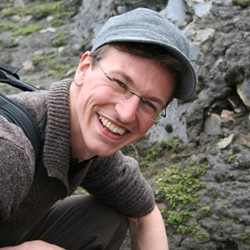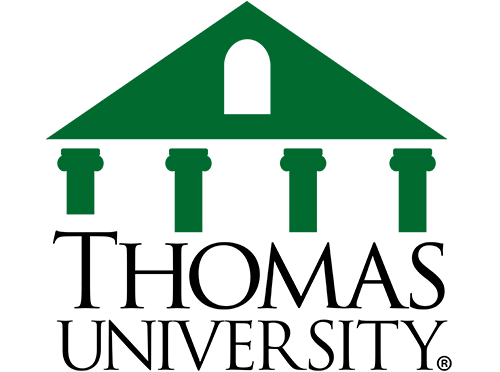Next TU Science Café to feature discussion on meiofauna
Post Published On:The next installment of Thomas University’s popular Science Café series will focus on meiofauna and their role in marine ecosystems with a presentation by Dr. Jeroen Ingles, a marine ecologist at Florida State University. The presentation will be held at 6:30 p.m. Tuesday, Jan. 26, via Zoom.
Dr. Ingles has a wide interest in benthic biodiversity, ecosystem functioning and food web ecology in marine ecosystems. After earning a master’s degree in Zoology and a master’s degree in Marine and Lacustrine sciences, he completed a Ph.D. in deep-sea biology and ecology, specializing in meiofauna and free-living nematodes (metazoans smaller than 1mm) and working together with marine scientists across Europe, all at Ghent University in Belgium. Dr. Ingles was then involved in several international projects focusing on deep-sea habitats and Antarctic marine ecosystems under pressure of climate change before moving to the United Kingdom with a European Union Marie Curie Fellowship to develop more holistic meiofauna research in coastal and shelf environments at Plymouth Marine Laboratory.
At the Florida State University Coastal and Marine Laboratory, his research focuses on creating a better understanding of the role of meiofauna in marine ecosystem function, and advancing knowledge of meiofauna and nematode biology and ecology. Meiofaunal organisms are abundant in all marine ecosystems and play a pivotal role in key processes and functions. Despite their ecological importance, they are often overlooked and many aspects of their biology and ecology are still unknown. Research projects aim at understanding what drives (meio)benthic diversity and how it affects marine sediment functions.
For those who would like to participate in this event, please email April Penton, Science Café coordinator, at apenton@thomasu.edu, for the Zoom link. Participants are welcome to join between 6 and 6:30 p.m. to chat with the presenter.


